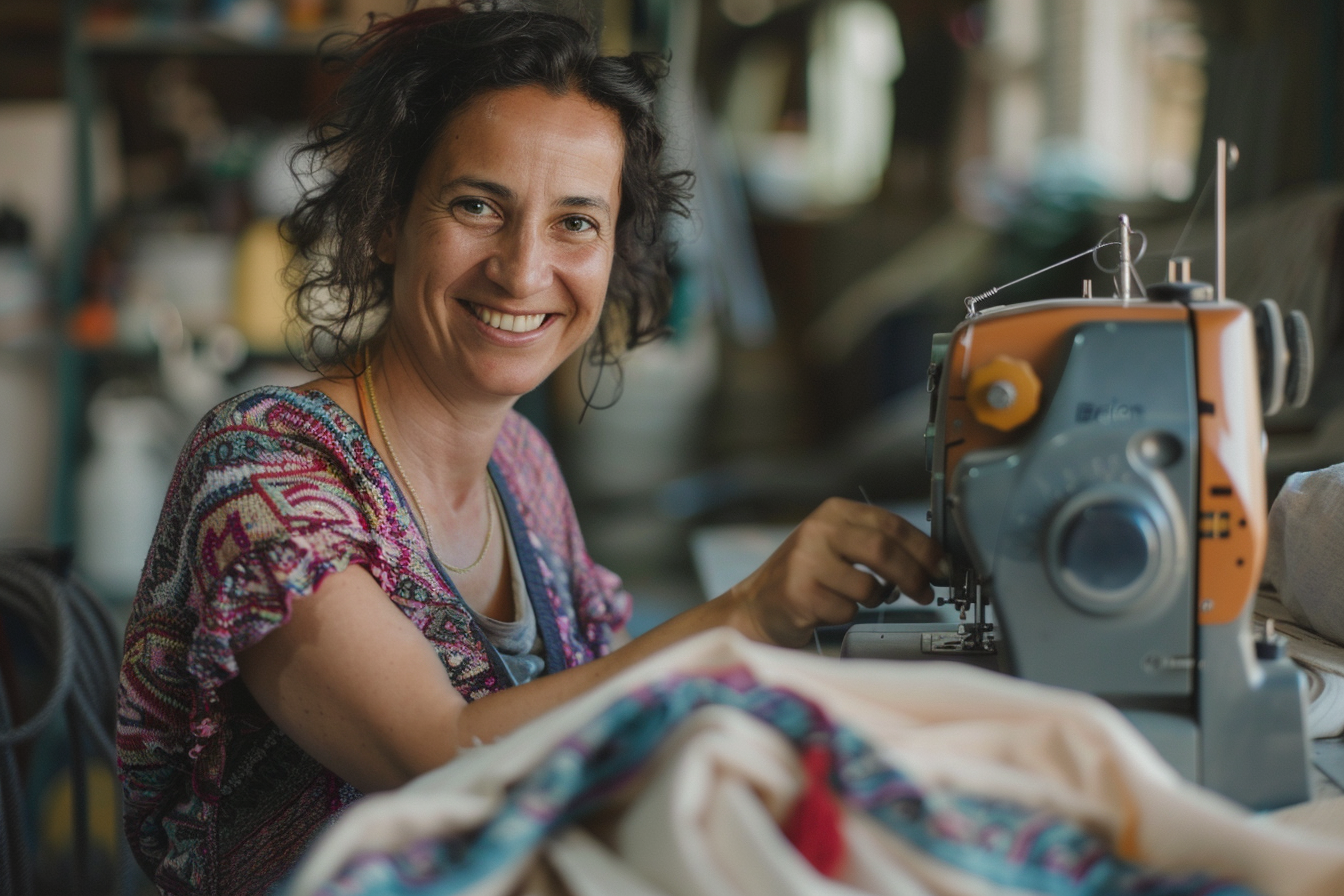
Why Fair Trade Fashion Deserves Your Attention: A Consumer's Call to Action
In a world where fast fashion dominates the market, the concept of fair trade in the fashion industry stands as a beacon of ethical and sustainable practices. While the allure of trendy, inexpensive clothing may seem irresistible at first glance, delving deeper reveals a darker reality: the exploitation of workers, environmental degradation, and a cycle of consumerism that prioritizes profit over people and planet.
Fair trade fashion offers a compelling alternative. It encompasses principles of ethical sourcing, fair wages, safe working conditions, and environmental sustainability. By choosing to support fair trade brands and products, consumers play a pivotal role in fostering positive change within the industry. Here's why fair trade in fashion should matter to every conscientious consumer:
-
Ethical Treatment of Workers: Behind every garment lies a complex supply chain involving numerous individuals, from cotton farmers to factory workers. Unfortunately, many of these workers toil in deplorable conditions, enduring long hours, low wages, and even physical abuse. Fair trade certification ensures that workers are treated with dignity and respect, receiving fair compensation for their labor.
-
Empowerment of Artisans: Fair trade fashion often celebrates traditional craftsmanship and empowers artisans in marginalized communities. By providing them with opportunities for employment and skill development, fair trade initiatives contribute to poverty alleviation and community development.
-
Environmental Sustainability: The fashion industry is notorious for its significant environmental footprint, from water pollution to textile waste. Fair trade practices prioritize sustainability by promoting eco-friendly materials, minimizing waste, and reducing carbon emissions. By supporting brands committed to environmental stewardship, consumers can mitigate the industry's detrimental impact on the planet.
-
Transparency and Accountability: Fair trade certification involves rigorous standards and transparent supply chains, allowing consumers to make informed choices about the products they purchase. By demanding transparency and accountability from brands, consumers can hold them accountable for their social and environmental responsibilities.
-
Promotion of Human Rights: Fair trade principles align with fundamental human rights, advocating for equality, freedom, and social justice. By supporting fair trade fashion, consumers contribute to the promotion and protection of human rights around the world.
-
Longevity Over Fast Fashion: While fast fashion prioritizes fleeting trends and disposable clothing, fair trade fashion emphasizes quality, durability, and timeless design. Investing in fair trade garments not only reduces consumption but also promotes a more sustainable approach to fashion that transcends seasonal fads.
Join us in making a difference this summer. By choosing our fair trade fashion pieces, you're not just elevating your wardrobe – you're empowering artisans, supporting sustainable practices, and championing human rights.



Leave a comment
This site is protected by hCaptcha and the hCaptcha Privacy Policy and Terms of Service apply.